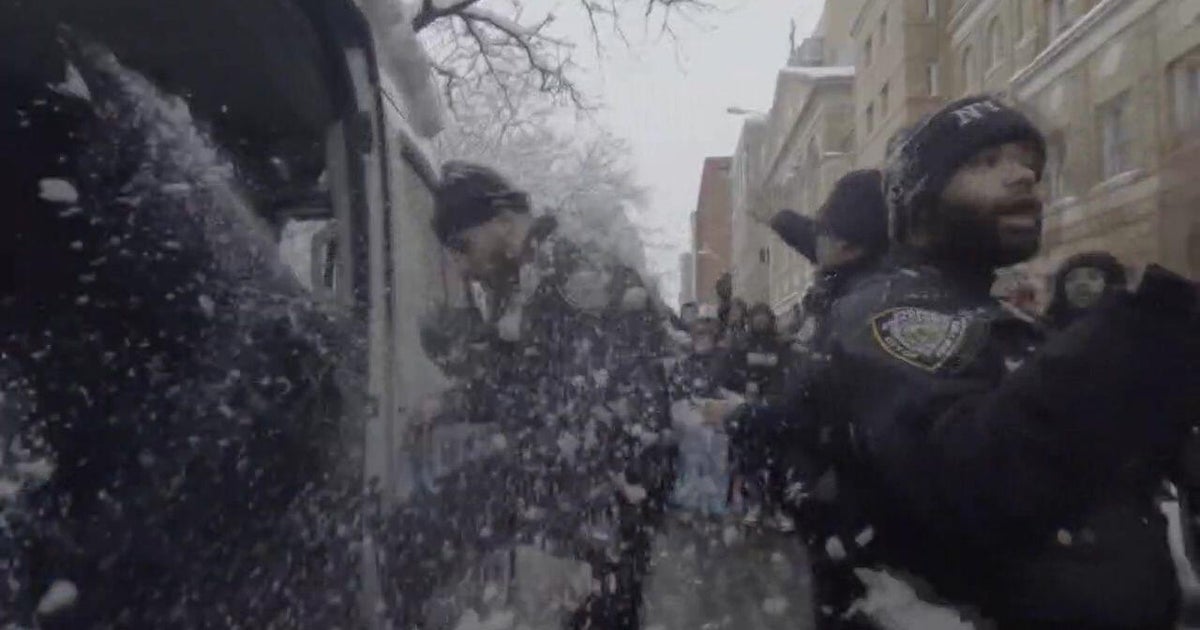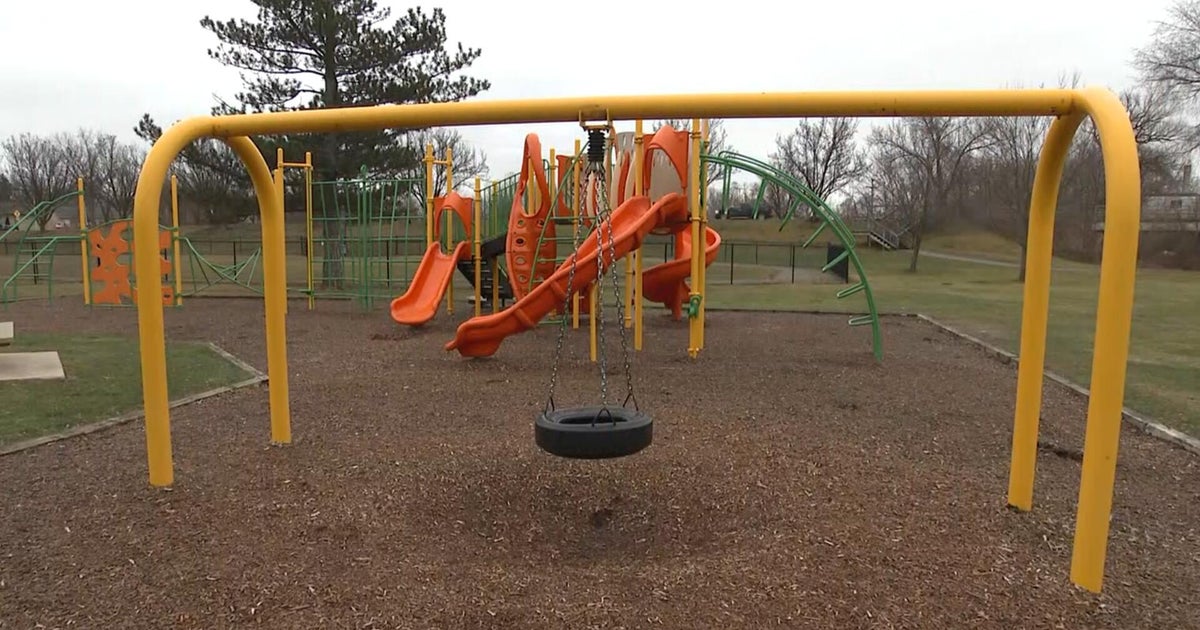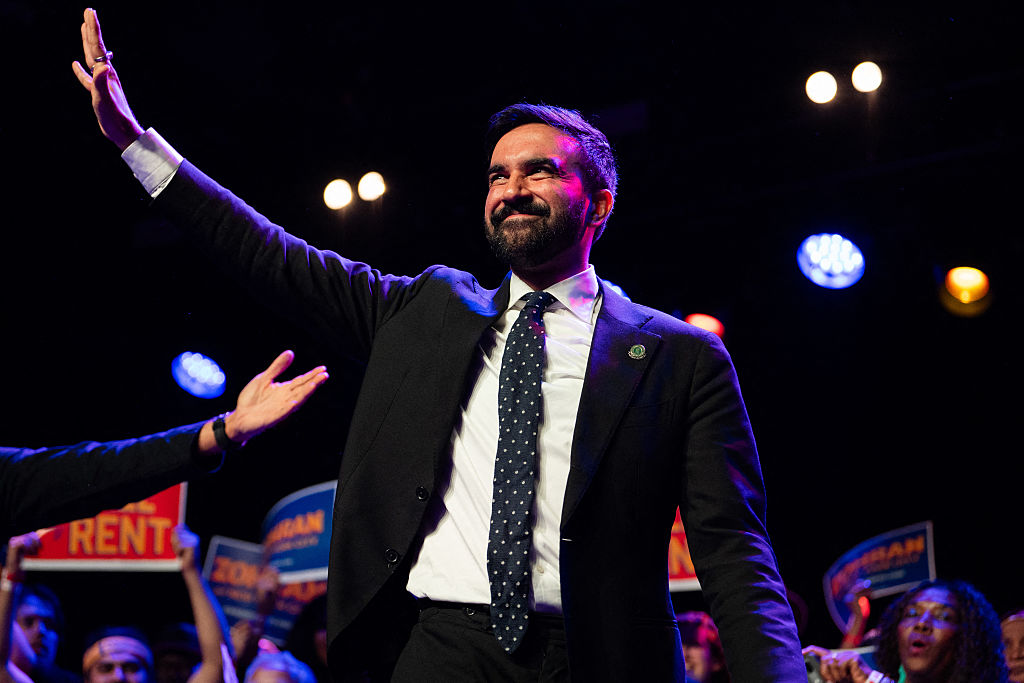Houston mayor warns hospital system close to "overwhelmed" amid COVID spike
Washington — Houston Mayor Sylvester Turner warned Sunday that his city's hospital system is close to becoming "overwhelmed" with patients amid a spike in confirmed coronavirus cases.
"If we don't get our hands around this virus quickly, in about two weeks our hospital system could be in serious, serious trouble," Turner said on "Face the Nation."
- Transcript: Houston Mayor Sylvester Turner on "Face the Nation"
- Transcript: Miami-Dade County Mayor Carlos Giménez on "Face the Nation"
Texas is one of 40 states that is experiencing a spike in coronavirus cases and has put plans for a phased reopening of its economy on hold. Turner said that in Houston, one in four people who are tested are testing positive for the coronavirus, up from a rate of one in 10 people just a month ago.
"This virus is an equal opportunity abuser. It will inflict anyone who comes in close proximity with it," Turner said. "Now it's having a [disproportionate] impact on people of color. And right now, it's especially within the Hispanic community. But we are having young people being impacted as well."
Turner attributed the spike in coronavirus cases in Houston to a reopening that proceeded too fast.
"From the beginning, when we started opening too quickly and when you layer that on top of everything else, all the other activities that were taking place and people starting to re-socialize, then you started to refuel the virus. And that's when the numbers started to increase," he said.
Like Texas, Florida is also among the states that are seeing a substantial jump in the number of coronavirus infections, and local leaders there have begun reimposing restrictions on businesses to mitigate the spread of the deadly illness.
Miami-Dade County Mayor Carlos Giménez said Sunday he believes the exploding numbers in Florida and Miami-Dade can be attributed to socializing among young people and the protests that erupted in response to the death of George Floyd in Minneapolis in late May.
"My residents also kind of let their guard down around late May, early June, and also some of the protests that we had here I think contributed to it," he said on "Face the Nation."
To stop the spread of the virus, Giménez extended the city's order to wear a mask, now requiring one at all times, and closed its beaches for the Fourth of July holiday weekend, as well as establishments where people may congregate such as movie theaters and bowling alleys.
"The virus is not harmless," Giménez said.
Florida reported Sunday there are more than 200,000 confirmed coronavirus cases in the state and 9,999 new cases among residents. In the U.S., there have been more than 2.8 million confirmed cases and 129,000 deaths, according to Johns Hopkins University.



